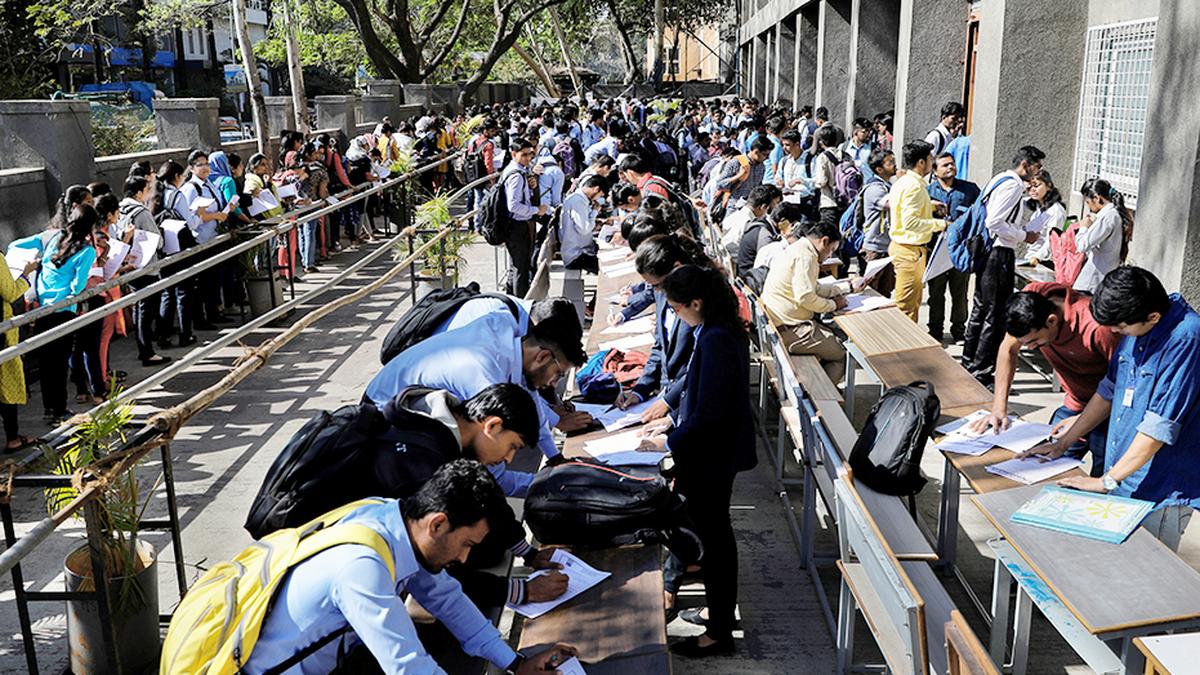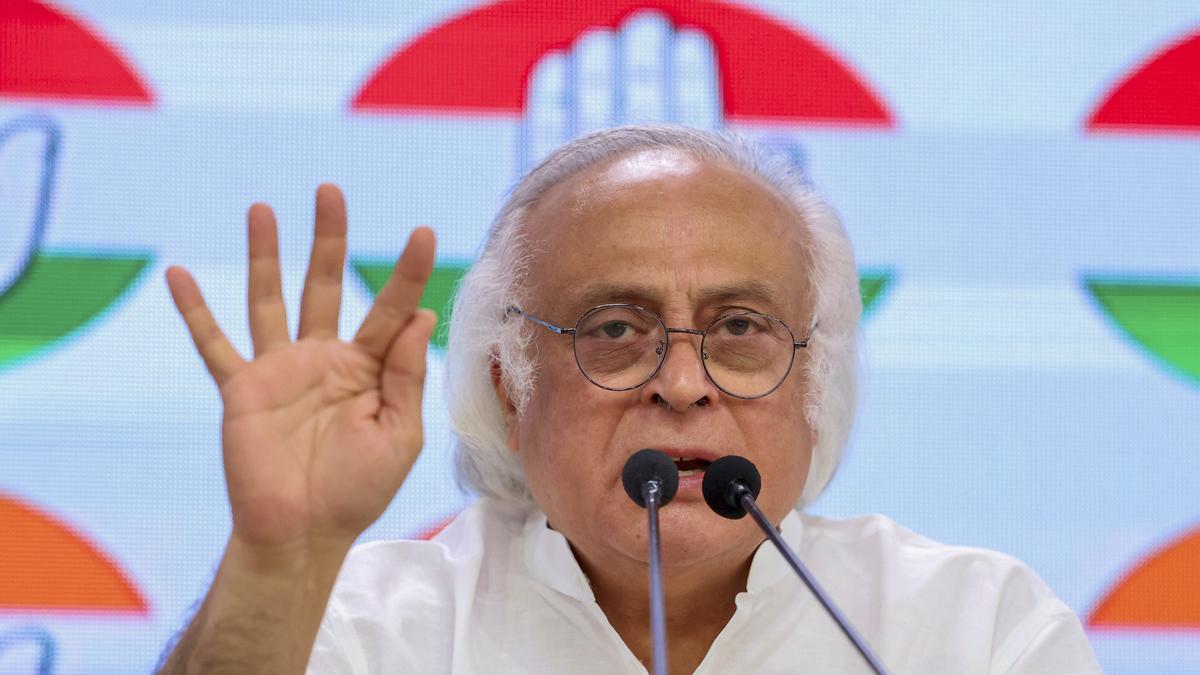ISLAMABAD:
Pakistan has taken a $300 million commercial loan at interest rates ranging from 7.2% to 7.7% – the first new non-Chinese financing facility in years, which will help meet external financing requirements of the International Monetary Fund (IMF) programme.
Government sources said that the country had taken a foreign source-based loan from United Bank Limited (UBL). The bank has arranged the facility from Gulf countries.
A loan of $250 million has been arranged at an interest rate of one-year Secured Overnight Financing Rate (SOFR) plus 3% margin. This translates into roughly 7.2%. The loan will be paid back in less than one year, they added.
Another $50 million is being availed at one-year SOFR plus 3.5%, which is equal to 7.7% at today’s rates, the sources said.
The interest rates are lower than the two-year Chinese commercial loan finalised in September.
Senior government officials confirmed to The Express Tribune that $300 million had been arranged through UBL. The government was planning to augment the facility by another $100 million, they added.
Ministry of Finance spokesman Qumar Abbasi’s response was awaited till the filing of the story.
This is the first non-Chinese financing facility since fiscal year 2022. Gulf and European banks had withdrawn their facilities after maturity due to deterioration in Pakistan’s credit rating and a default-like situation.
The opening provided by UBL can help the government to arrange more foreign commercial financing. Foreign banks were earlier either reluctant to provide loans due to low rating or were demanding interest rates which were politically and commercially unviable.
Earlier this year, Pakistan finalised a $600 million loan with Standard Chartered Bank at the highest interest rate of around 11%. Later, the government backed off from signing the facility. The finance minister told a parliamentary committee that it would not draw the facility.
The State Bank of Pakistan’s spokesman did not reply to a question whether the $250 million loan was disbursed this week.
The IMF has identified an external financing gap of $2.5 billion for this fiscal year, which the government is trying to bridge through different means. It has not yet secured a $1.2 billion facility from Saudi Arabia for deferred oil payments.
Finance Minister Muhammad Aurangzeb said last week “the external financing gap is covered and we will now borrow on our own terms at very competitive rates”.
It is the second foreign commercial loan taken in the past three months. In September, the government took a $200 million commercial loan from the Bank of China at an interest rate of about 8.5%, according to the information the finance ministry shared with the Senate Standing Committee on Finance.
The finance ministry informed the committee that the Bank of China loan was taken at three-month SOFR plus 3.15%. In September, the average SOFR was 5.33%, which brought the total interest rate to 8.5%.
Over the past many years, Pakistan has taken about $7.4 billion in foreign commercial loans at interest rates ranging from 7% to 8%. These loans had been obtained at different rates, depending on the economic condition.
Out of these, about $3.8 billion is maturing in this fiscal year, which the government will try to refinance due to its overall weak external financial position.
Aurangzeb said on Wednesday that Pakistan’s foreign exchange reserves were currently standing at about 2.6 months of import cover. He added that the cover would touch the three-month level by June next year.
However, Pakistan has compressed its imports due to the limited foreign exchange reserves, standing at $12 billion. It has also budgeted to raise $1 billion through Eurobonds but so far the country has not entered global markets. The finance minister said last week that at a “CCC+” rating, Pakistan could not access international capital markets for floating sovereign bonds. He said that the government was constantly engaged with the three international credit rating agencies for an upgrade.






